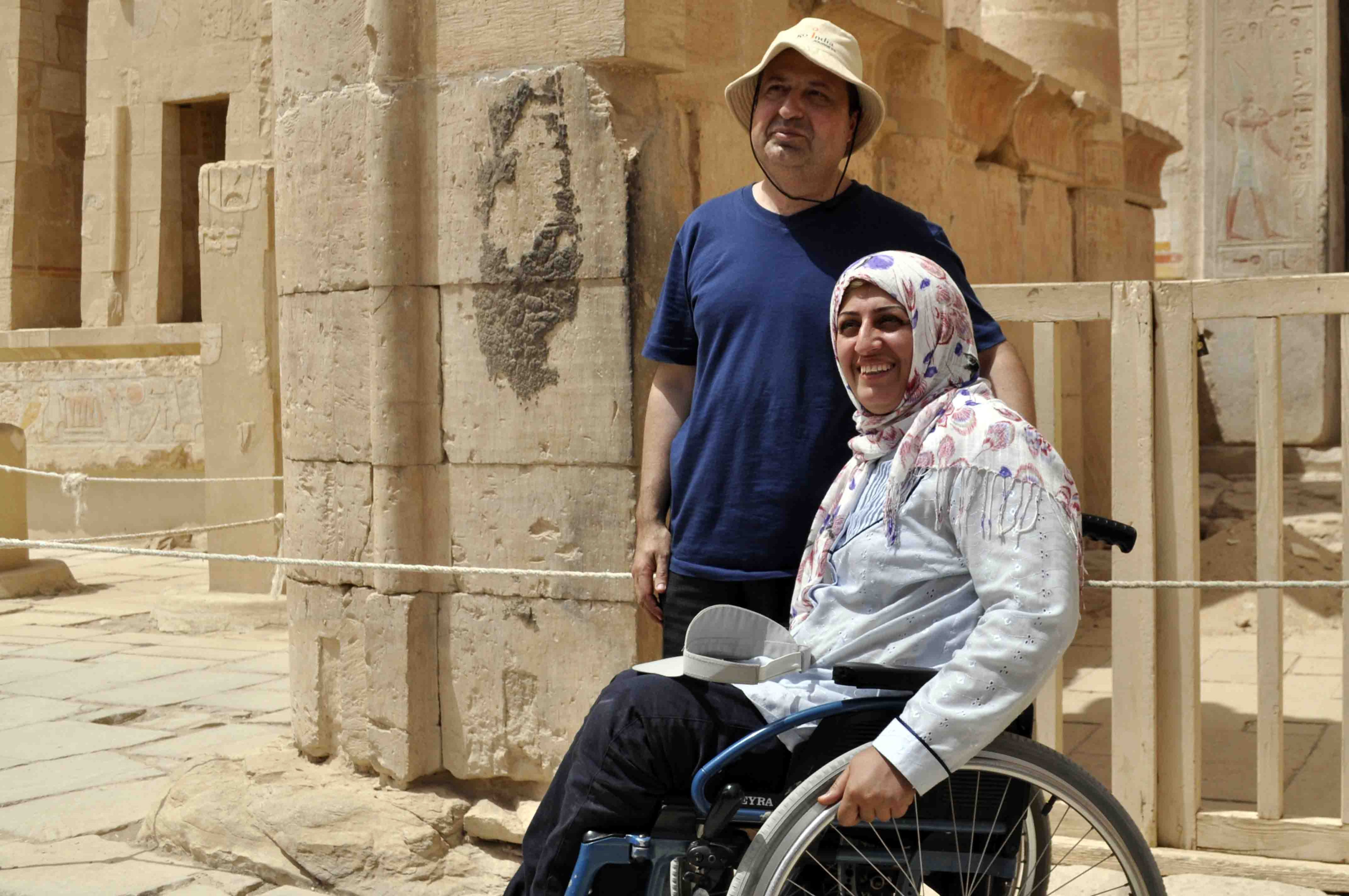
(Photo by Shaimaa Elise)
In the last five years, orders for Ramadan lanterns made of sheet iron decreased by over 70%, according to Ahmed Saeed, owner of a lantern workshop in the Bab El-Sharia area of Downtown, Cairo.
However, this year is different, whereby the shops and big hotels’ orders for lanterns made of sheet iron have started to increase a month before this Ramadan, Saeed said in an interview with Daily News Egypt.
This increase made Saeed hopeful that the Egyptian ‘fanoos’ (lantern) will restore its power and competitiveness against the imported lanterns. The imported lanterns, especially those from China, are the arch-nemesis of the Egyptian workshops, said Saeed.
How is the Egyptian lantern industry currently?
The workshops suffer heavily over the last 10 years, whether because of the expansion in importing the Chinese lanterns, or because of the difficult economic circumstances in Egyptian, especially in the last four years.
The Chinese lanterns are one of the most prominent problems that pushed the workshops to suspend their activity and direct it to other industries, like prayer beads, or selling aluminium.
The number of copper workshops in the street is very few; with the demand increase, we hope the situation will improve.
How do you explain the demand for the Chinese Ramadan lanterns in comparison to the Egyptian ones?
Actually, the Chinese lantern has a lot of good features that do not exist in the Egyptian one, which is made of sheet iron. The most important is that it includes video games and Egyptian folk songs.
You mentioned that the demand for the lanterns in workshops has improved. How is that?
Indeed, there is relative improvement in the Egyptian lantern’s demand compared to last season, where companies and hotels are ordering the large and medium-size lanterns.
However, this improvement does not amount to the level of demand for the local lanterns in the period from the 1950s to the ’80s; the situation has been very different since the ’90s.
How much are lanterns?
The price is determined by size. The large one costs EGP 800-1500, while the price of the smaller ones reaches EGP 60-100.


